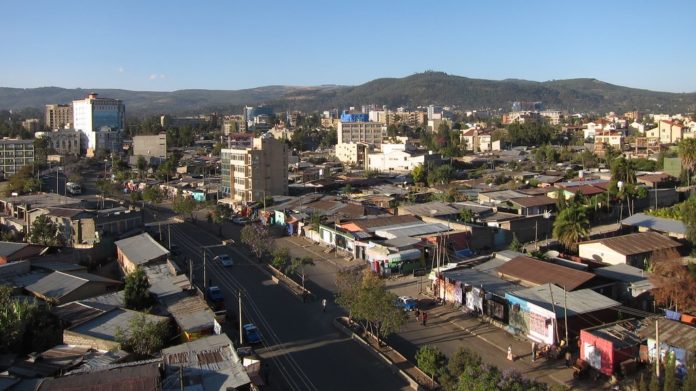Despite advances with GPS and other navigation tools, there is a lack of detailed, accurate, and up-to-date information on the layout of the planet. The current crop, which includes consumer-facing apps like Google Maps, isn’t sufficient for critical decision-making at the level of enterprise and government.
Using AI, Ecopia create high-definition digital maps of every road, forest, building, and bridge worldwide, filling in the massive information gap that decision-makers need to better manage the welfare of societies, ensure a healthy environment, and provide superior services.
Navigation and logistics are obvious applications, but the technology’s utility goes deeper than you might think: insurance companies require it to accurately assess risk when insuring a property; governments can use the maps to plan smarter cities, and telecommunications companies need to know how to deploy their infrastructure most efficiently.
Conventional mapping using geospatial data and satellite and aerial images is a manual and time-consuming process that’s also quite expensive. It’s too slow to maintain an up-to-date map, making them unreliable for certain applications where quickly updated info is critical. Ecopia’s AI has made it possible to cover millions of square kilometres in a matter of months through data mining — which, in this context, involves processing high-resolution imagery from satellites, aircraft, and street-view cars and converting them into digital maps.
“We leverage AI to mine the most up-to-date geospatial imagery available, allowing us to create and maintain millions of kilometres of highly detailed, accurate digital maps,” said President Jon Lipinski to Export Development Canada.
Mapping out the US, Australia, and Sub-Saharan Africa
Some of the company’s most prominent initiatives to date include completely mapping Australia and the US, and both projects were wrapped up in under six months each. The 2016 mapping of Australia involved 16 million buildings over 7.69 million km². The 2018 project covering the US was even more complex and involved over ten times the number of buildings. Getting the latter done in the same time frame is a testament to the scaling nature of the technology, according to Lipinsky.
Perhaps most impressive, Ecopia created the first comprehensive digital map of all buildings, roads, and forests across Sub-Saharan Africa in a project co-funded by Sustainable Development Technology Canada and the Government of Canada. The map includes roughly 342 million buildings, 3.8 million linear kilometres of road, and 582 million hectares of forest.
Before this development, communities in Sub-Saharan Africa had been operating without access to consistent and quality information about their geography, and this had ramifications for decision-making continent-wide. With Ecopia’s input, NGOs, government workers, and businesses can now optimize their efforts on the ground, and that will help with establishing energy infrastructure, policing deforestation, and the distribution of vaccines.
“This project will not only showcase Canadian technology on the world stage, but also stands to positively impact the lives of hundreds of millions — by empowering better data-driven decisions to be made surrounding the environment, economy, and societies of Africa,” said Lipinski to the Financial Post.
Ecopia has also partnered with organizations including the Bill & Melinda Gates Foundation to provide Tanzania with the critical data they need to distribute life-saving vaccines, map populations, and prepare for disaster response and recovery.








































